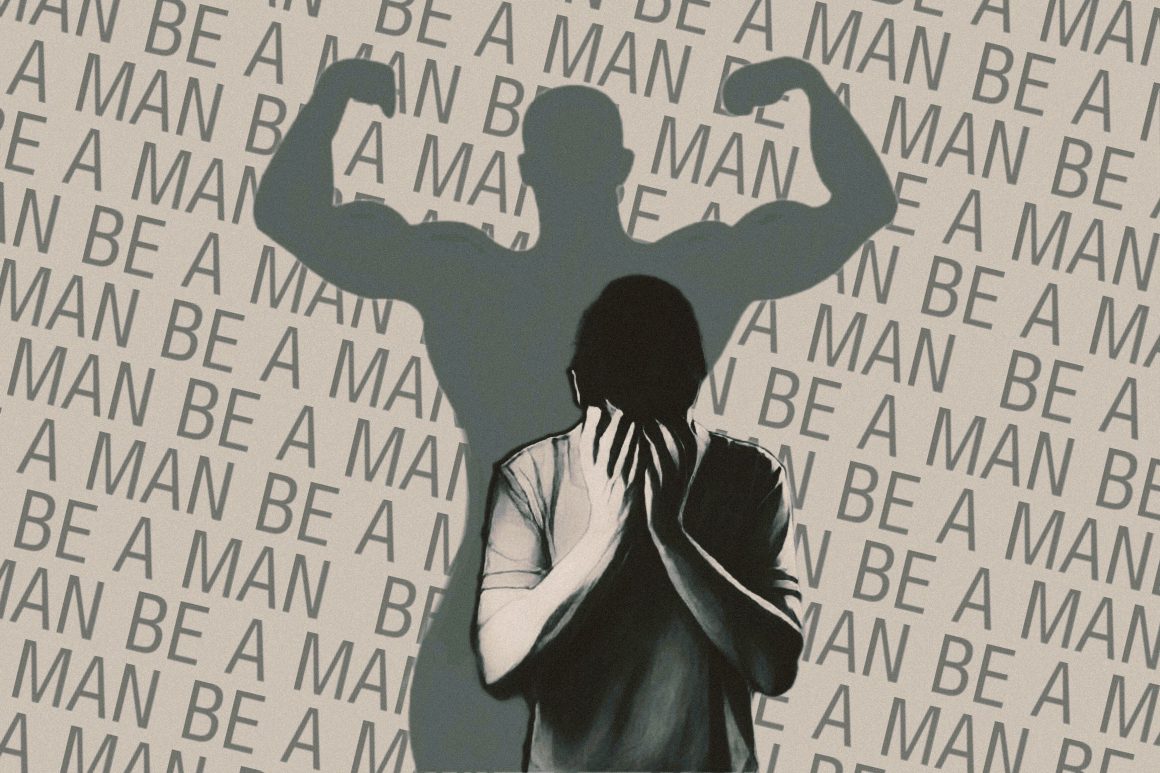By: Xander Wynn
June is designated as Men’s Mental Health Month, a crucial period for amplifying awareness about the distinctive mental health challenges faced by men. Although mental health issues are universal, men frequently encounter unique pressures and stigmas that can aggravate these problems. This month offers a valuable opportunity to emphasize the significance of mental well-being among men and to promote open, supportive dialogues about mental health.
Understanding Men’s Mental Health
Mental health encompasses emotional, psychological, and social well-being. It influences how individuals think, feel, and act, as well as how they handle stress, relate to others and make decisions. Men, akin to women, are susceptible to a broad spectrum of mental health issues, including depression, anxiety, bipolar disorder, and post-traumatic stress disorder (PTSD). However, societal expectations and traditional gender roles often render it more challenging for men to seek help.
The Impact of Societal Expectations
Society often dictates that men should be stoic, resilient, and self-reliant. Phrases like “man up” or “boys don’t cry” perpetuate the notion that expressing emotions or seeking help is a sign of weakness. This can lead to men suppressing their emotions, evading discussions about their mental health, and failing to seek the support they require. The reluctance to acknowledge or address mental health issues can result in severe consequences, including substance abuse, deteriorating physical health, and even suicide.
Statistics on Men’s Mental Health
The statistics concerning men’s mental health are alarming. According to the American Foundation for Suicide Prevention, men die by suicide at a rate 3.63 times higher than women. Additionally, the National Institute of Mental Health reports that men are less likely than women to have received mental health treatment in the past year. These statistics underscore a critical need for heightened awareness, education, and support systems tailored to men’s mental health.
Breaking the Stigma
Dismantling the stigma surrounding men’s mental health is essential for encouraging more men to seek help. This can be achieved through education, open conversations, and the promotion of positive role models who openly discuss their mental health struggles. Public figures, athletes, and celebrities who share their experiences can significantly impact normalizing mental health discussions and encouraging others to seek help.
The Role of Support Systems
Support systems are indispensable for men’s mental health. Family, friends, and communities can offer the encouragement and understanding needed to help men open up about their struggles. Creating a supportive environment where men feel safe to express their emotions is crucial. This includes actively listening without judgment, offering reassurance, and encouraging professional help when necessary.
Professional Help and Resources
Professional help, such as therapy and counseling, can be incredibly beneficial for men dealing with mental health issues. Therapists can provide a secure space for men to explore their emotions, develop coping strategies, and navigate their challenges. In addition to traditional therapy, numerous resources are available, including hotlines, support groups, and online forums specifically tailored to men’s mental health.
Self-Care and Healthy Coping Mechanisms
Self-care is a vital aspect of mental health for everyone, including men. Engaging in regular physical activity, maintaining a balanced diet, getting adequate sleep, and practicing mindfulness can all contribute to better mental health. Additionally, finding healthy coping mechanisms, such as hobbies, journaling, or spending time in nature, can help men manage stress and maintain emotional well-being.
The Importance of Awareness Campaigns
Awareness campaigns during Men’s Mental Health Month are essential for disseminating information and encouraging action. These campaigns can take various forms, including social media initiatives, community events, and educational workshops. The objective is to reach as many people as possible, provide valuable resources, and foster a culture of understanding and support.
Moving Forward: A Call to Action
As we observe Men’s Mental Health Month, it is important to recognize that addressing men’s mental health is a year-round endeavor. Here are some ways to continue the conversation and support men’s mental health:
- Educate Yourself and Others: Learn about the unique mental health challenges men face and share this knowledge with others. Understanding the signs and symptoms of mental health issues can help you support the men in your life.
- Encourage Open Conversations: Create a safe and non-judgmental space for men to talk about their mental health. Listen actively and empathetically, and encourage them to seek professional help if needed.
- Promote Positive Role Models: Highlight stories of men who have successfully navigated mental health challenges. This can inspire others to seek help and break the stigma surrounding men’s mental health.
- Support Mental Health Initiatives: Get involved with organizations and initiatives that focus on men’s mental health. Volunteering, donating, or participating in events can make a significant impact.
- Practice Self-Care: If you are a man struggling with mental health, prioritize self-care and seek professional help. Remember, asking for help is a sign of strength, not weakness.

